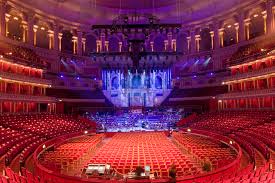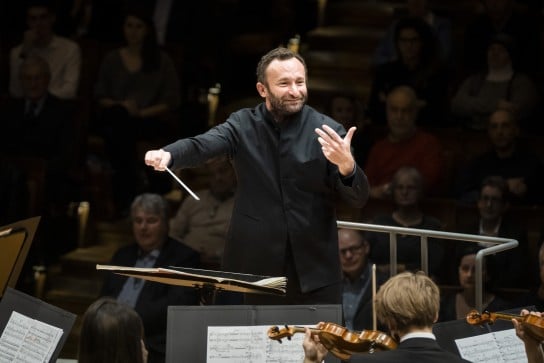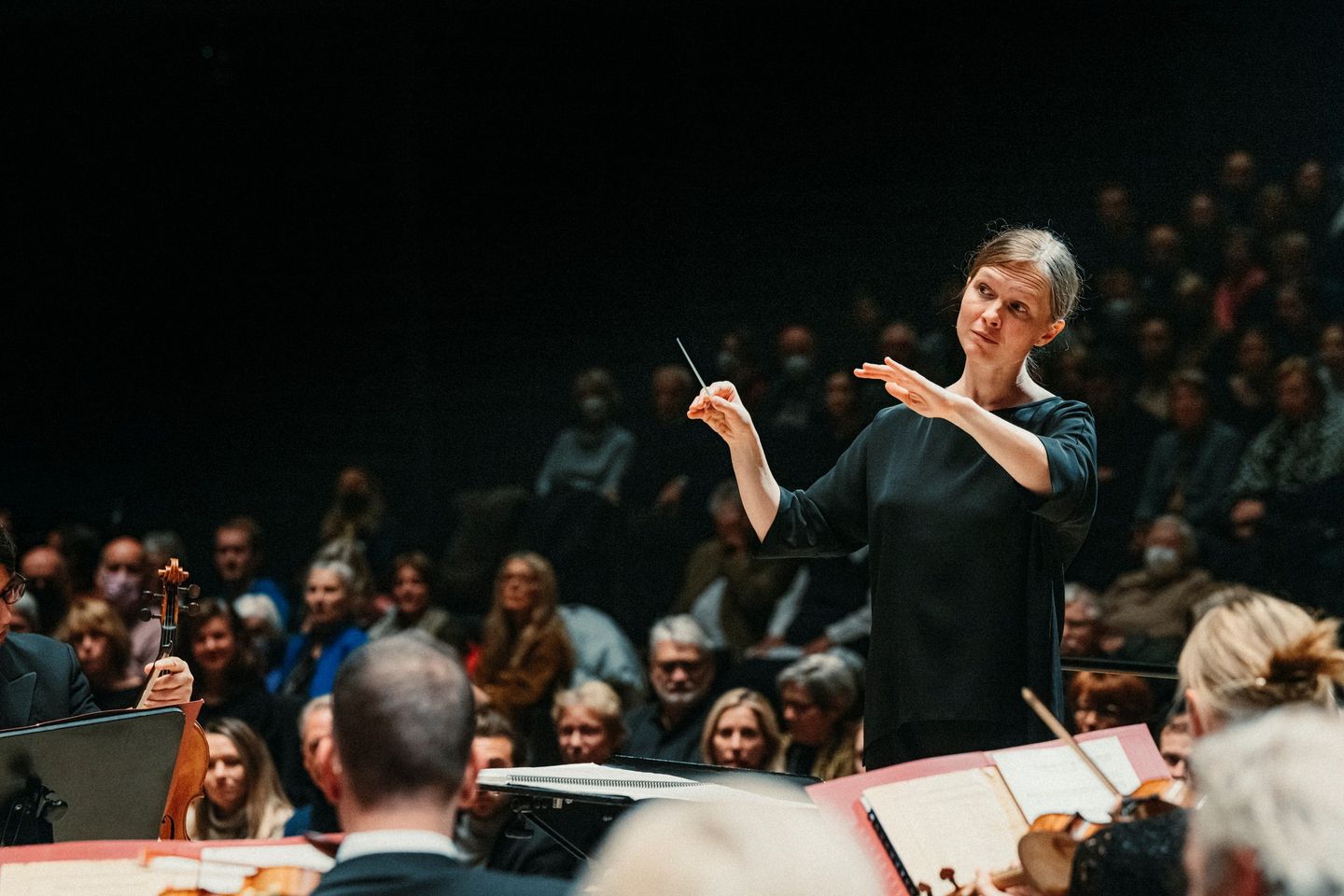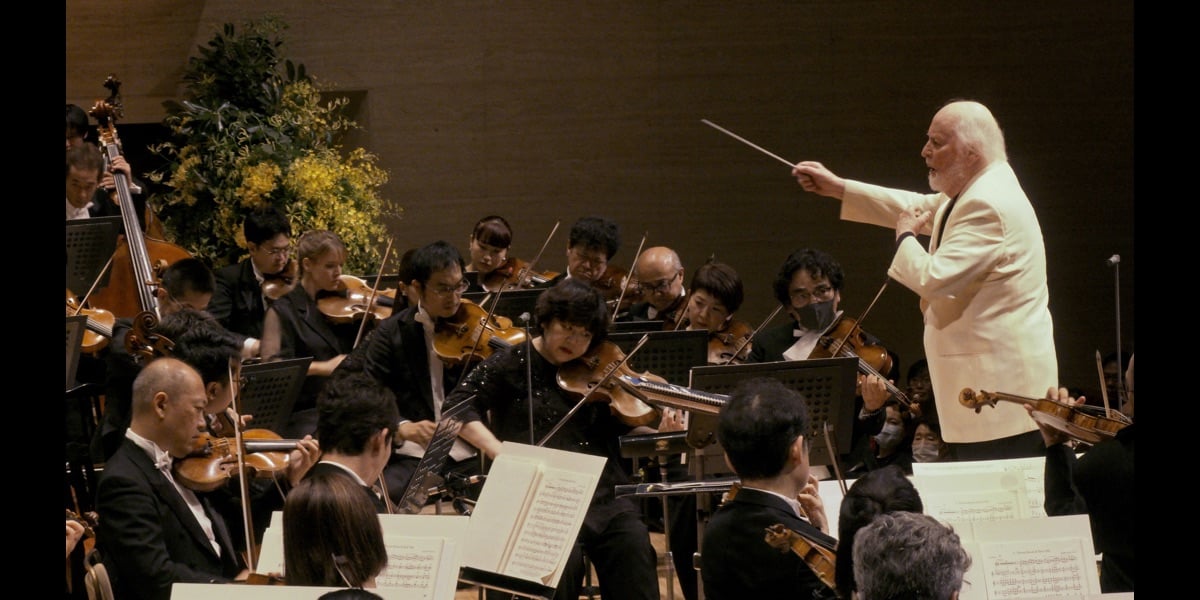12 ways Covid has changed classical music forever
mainA thoughtful piece by our Toronto pal Michael Vincent:
What do you do when an entire art form becomes a health risk?
The good news is, the classical music industry has adapted to changing market conditions before. Over the past half-century, it has endured the Small Pox, Cholera, and Spanish Flu.
Fast-forward to 2020, and the coronavirus has hit the events sector with the calamity of the decade (perhaps century). What initially looked like a localized pandemic isolated in China, has become a global existential crisis, stumping some of the world’s smartest viral researchers.
The most critical question is when does this pandemic end? The short answer is, it may not for a long time. Even with a global race to develop a vaccine, it may take years to develop, if ever. The SARS vaccine took 20 months. Flu vaccines are only partially effective, and an AIDS vaccine has never been found. Scientists are hard at work, but we should not wait for one to move forward.
Many of the changes facing the events industry appear to be built on the hesitation surrounding contact with the virus through touch or in its aerosolized form.
There are trends supporting the de-globalization of the arts, at least currently, and a new focus that will see digital productions grow exponentially. For example, people are leaning heavily into digital infrastructure and communicating/interacting via digital mediums. This facilitates online connectivity — at least in a memetic capacity.
So what does that change potentially look like? It’s the end of globalization, basically….
Keep on reading here.






Spanish Flu over the past half-century? Why should I take an article seriously when its author can’t get his facts straight in the first paragraph?
And where have all the world’s competent editors gone?
It’s been corrected to “century” in the actual article. At least it’s closer…
They are following the Schenker debates.
And how about this whopper: „a localized pandemic isolated in China“. Definition of a pandemic is…?
If these predictions came true, the art form would withdraw into sterility and amateurism. It would turn into a niche fake.
They are based upon the presumption that an effective vaccin can’t be developed, and that it would be impossible to battle the mirco droplets which remain floating in the air of closed indoor spaces, and that there won’t be corona proof airco.
Interesting article in the NYT from May: “The 1918 Pandemic’s Impact on Music? Surprisingly Little”
https://www.nytimes.com/2020/05/06/arts/music/1918-flu-pandemic-coronavirus-classical-music.html
And that had a much higher fatality rate. Today people are much more afraid of germs and sickness. In the near future everyone may have to wear hazmat suits to go out in public.
This is what happens when society shares no common belief system, untethered from something greater than one’s own brief existence.
He’s got a little list. Well …
1. Seating won’t change (much).
2. Some events will be live-streamed, as now.
3. The “live-broadcast industry” won’t bring “new creative directions” to our art forms.
4. The “social community surrounding large in-person concert experiences” will survive intact.
5. International touring productions will decline.
6. Audience sizes won’t change (much), and “multi-day performance runs” won’t become the norm.
7. Many won’t.
8. Choirs won’t.
9. The “Met and Berliner Philharmoniker” already do!
10. The recording industry will continue to flounder.
11. Already happening.
12. Already happening.
Translation: “in the future there will be far less financial support for the performing arts.” Possible, but I am not so sure, and in any event it won’t be because of COVID. If these trends continue and accelerate, it will be because consumers prefer them to the alternative of live, communal performance experiences. And I do not believe that will prove true. Once the vaccines and treatments are proven and available, we will look back on COVID as we do now with other prior global disruptions, none of which ended up having much lasting impact on the performing arts beyond their immediate timeframe.
The narrative of so-called “de-globalization” is simplistic, unfortunately.
Since online broadcasts have no constraints on audience size and location, it is likely that opportunities to make a decent living from performance in that sphere will become concentrated in an even smaller group of superstar performers and organisations than was the case for in-person performing before 2020. In other words, it would be further “globalization”, with only the most prestigious orchestras and opera houses (such as the Berlin Phil and the Met, to cite the two examples given by Vincent) likely to benefit.
On the other hand, if we continue to reduce flying (as we absolutely must, given its environmental impact), there is indeed a prospect of “de-globalization” when it comes to in-person concerts. If this is coupled with a larger quantity of concerts but with smaller audience capacities, that would be wonderful news for non-superstar professional performers and for the diversity of repertoire and performance practices… for places with a sufficient critical mass of professional musicians (i.e.: big cities with a thriving music scene).
Something that I would gladly gain from this situation is the loss of the idea that every guest conductor or soloist needs to come from a great distance or else they can’t be any good. There are dozens of top-notch musicians in every professional orchestra and choir, why don’t we feature some of them for a change? I was in a performance of St Matthew Passion where five of the six soloists were from Europe, and at the exact same time, three or four of our usual singers were in Europe as soloists in the same piece. Think of the money, energy, fuel, and general wear and tear that would have been saved if we’d just swapped.
I would like here to simply quote the immortal words attributed to Yogi Berra. “It is tough to make predictions, especially about the future”
A famous quote comes to mind: “The rumors of my death are greatly exaggerated.”
After this pandemic and the isolation it has produced, it seems to me that people will have an even greater need to gather in those great temples of humanism, the concert halls and stages in a reaction against the oppression of digitalization.
“It’s the end of globalization, basically”.
I think he’ll get nothing right except this, but this is beautiful.
Skip meaningless tours to China, and serve your home audience instead.
Travel to and from China should be banned. Too many infectious diseases have been emerging there.
Enough of the “forever” business. The 1918/’19 Spanish Influenza killed over 50 million people world wide, and it didn’t kill off classical music (500 million were infected). Two world wars and the dissolution of the old monarchies, as well as the European crises in faith, didn’t kill classical music. The halls are there. People will play instruments and sing. The music will eventually return.